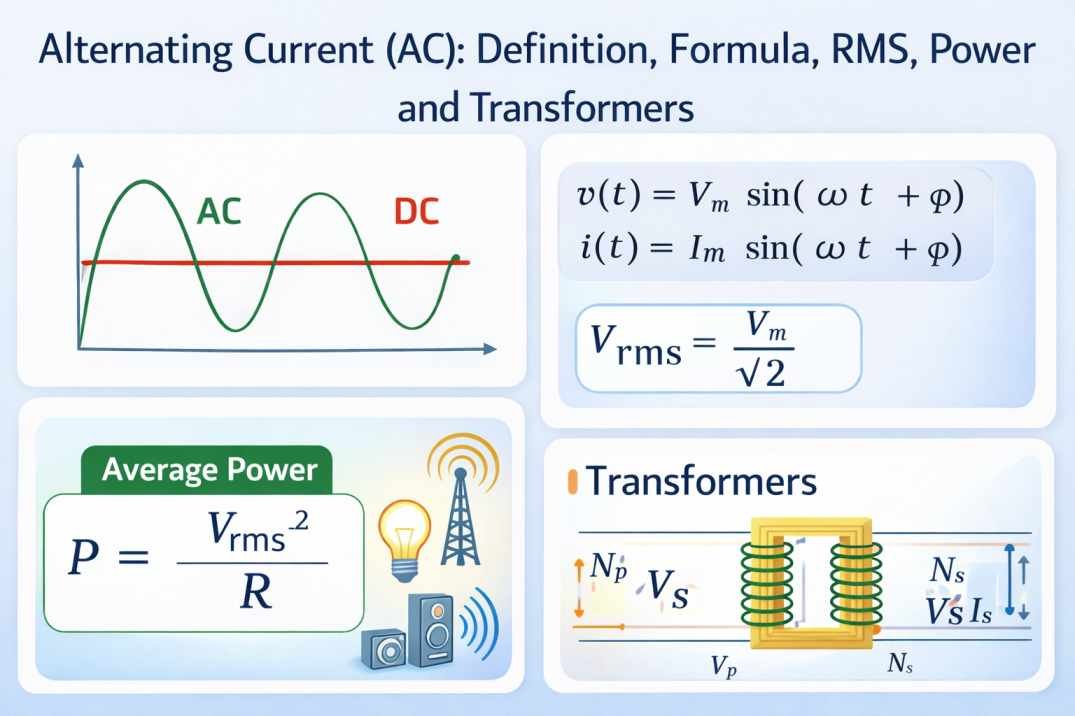Heuristics Psychological aspect for qualitative heuristics
Heuristics psychological is the process by which humans use mental short cuts to arrive at decisions. Every day, we are inundated with decisions to make: big or small, simple or complex, political, personal, professional… Some choices do not present any difficulty, while others are difficult and require a reflection in several stages to take the decision. good choice. Understanding how people get there belongs to the field of cognitive psychology. Several factors influence decision making. These factors are our life experiences, cognitive biases and heuristics, age and individual differences, belief in one’s own personal relevance, and even the time of day! Here we’re going to focus on heuristics, those mental shortcuts we use every day.
Qualitative heuristics
Qualitative heuristics is a social science and psychological methodology designed by Gerhard Kleining. It deals with the “development and application of discovery methods in a rule-based form”. He conceives the research process as a dialogue between the researcher and the research object, with active and receptive features, experimentation and observation as the basic methods, and the research strategies of maximization/minimization, testing of limits and adaptation.
It is based on and distinguishes itself from spontaneous and one-sided everyday heuristics through its systematics. In contrast to hermeneutic methodologies, it aims at the discovery of the new and not at a new interpretation of the known. It is not related to “closed”, well-defined tasks like the heuristics of computer science and economics. It bundles and optimizes discovery methods from scientific-empirical and philosophical heuristics as well as heuristic methods from psychology and sociology and can be used for research in qualitative social research and qualitative psychology.
In Psychological aspect, generally they are:
Taking into account the problem (question, context: data, constraints, actors, ins and outs)
- Incubation, search for a solution, sometimes very long rumination; the method of the solved problem can here identify the necessary conditions to be respected.
- Enlightenment (or finding a solution)
- Explanation, which goes down to the details
A fast and intuitive logic sometimes quite beneficial
How do people make decisions when time is limited, information is unreliable and the future is uncertain? In our world full of uncertainties and surprises, heuristics are indispensable and often more accurate than more logical calculation methods. We use them every day!
Contrary to a deeply held belief, complicated problems to solve do not always require complex calculations. Indeed, less can be more. These shortcuts ignore some of the given information, and less information, calculations and time can improve the accuracy of some choices.
The purpose of heuristics Psychological?
Find a satisfactory solution. Unlike the algorithmic system, heuristics do not try to find the best solution, but rather to find a good enough solution. These mental shortcuts focus on situations where people need to act quickly, probabilities or utilities are unknown, and multiple goals and ill-defined problems prevent logic or probability theory from finding the optimal solution. In this view, the mind looks like a
adaptive toolkit with various shortcuts tailored to specific classes of problems.
Manipulation in Psychology | How to Tell If Someone Is Manipulating You?
How does our mind psychologically process information in this context?
In everyday decision making, psychological factors play an important role. How are our thoughts influenced by experiences, emotions, and self-awareness?
- Personal Experience and Perspective: Past experiences often shape the way we see the world. How do personal experiences influence our perspectives and decisions?
- Emotions in Decisions: Emotions, such as excitement or fear, can play a large role in evaluating information. How do our feelings influence our decisions?
- Cognitive Biases in Our Minds: There is a tendency to have views that are not objective. Discover some common cognitive biases and how we can overcome them.
- Self-Awareness for Better Decisions: Self-awareness about our thought processes can help avoid heuristic pitfalls. How can we be more informed about how we make decisions?
- Simple Strategies for Optimal Decisions: Without necessarily including the word “heuristic,” simple strategies like self-awareness, overcoming bias, and managing emotions can help improve decision quality.
By understanding how psychology plays a role in decision making, we can develop simple strategies for making better decisions.
By understanding how our minds respond to qualitative heuristics, we can take steps to make better decisions in a variety of situations.
Heuristic Psychological methodology (research methods)
All scientific methods are forms of confrontation between a subject (research person) and an object (research object).
Four Rules
The heuristic methodology is characterized by four rules that more precisely determine the subject-object relationship between the research person and the research object:
1. Openness of the researcher
She should be willing to change her preconception about the subject if it doesn’t match the data. Predetermined hypotheses are not tested as in deductive-nomological research, but structures are explored.
2. Openness of the research object
In contrast to deductive-nomological research, in which the object of research is defined at the beginning, in heuristic research it is considered provisional, since the goal is to discover something new. The research subject may change as the research progresses.
3. Maximum structural variation of perspectives in data collection:
The object should be viewed from different positions in order to capture its essential characteristics. It makes sense to vary as much as possible factors that are suspected to have an influence on the object or its exploration. In addition to subject-specific factors – often only discovered in the course of the research process – these include the research methods, the subjects examined (e.g. their gender, age, social status, personality), the research questions and possibly also the researcher himself.
4. Analysis for similarities
The data analysis should be aligned in such a way that the similarities such as analogies or negated structures of the different perspectives are identified. The intention is to find a common structure for all determined data. Abstraction helps accomplish this merging.
Judgment heuristics psychological
Judgment heuristics, a concept frequently used in the field of social cognition, are automatic, intuitive and rapid mental operations that can be statistical or non-statistical.
These cognitive shortcuts are used by individuals to simplify their mental operations in order to meet the demands of the environment.
For example, people tend to estimate the time it takes to find a job based on how easily they can think of individuals who have recently been hired, not the average search time in the population. Heuristics can appear daily and by habit in decision making, judgment, probability estimation and value prediction.
Heuristics Psychological are applied in many other fields, including marketing, public health, politics, and justice.
Heuristics allow individuals to save time because by using them, they do not take into account all the complexity of the information relevant to the situation. However, they sometimes lead to biases and errors in decision-making.
The most developed in the literature are representativeness, availability, anchoring and adjustment. The latter were highlighted by Amos Tversky and Daniel Kahneman in 1974. The interpretations resulting from the heuristics according to Tversky and Kahneman are not, however, unanimously accepted by the scientific community. Indeed, according to them, heuristics lead to quality reasoning while for other authors, they lead to bad reflections.
Recognition heuristic psychological
The recognition heuristic in cognitive psychology is the term recognition principles, has been used as a model in the psychology of judgment and decision-making and as a heuristic in artificial intelligence.
Sources: Psychology Today, PinterPandai, BetterHelp
Photo credit: qimono via Pixabay



